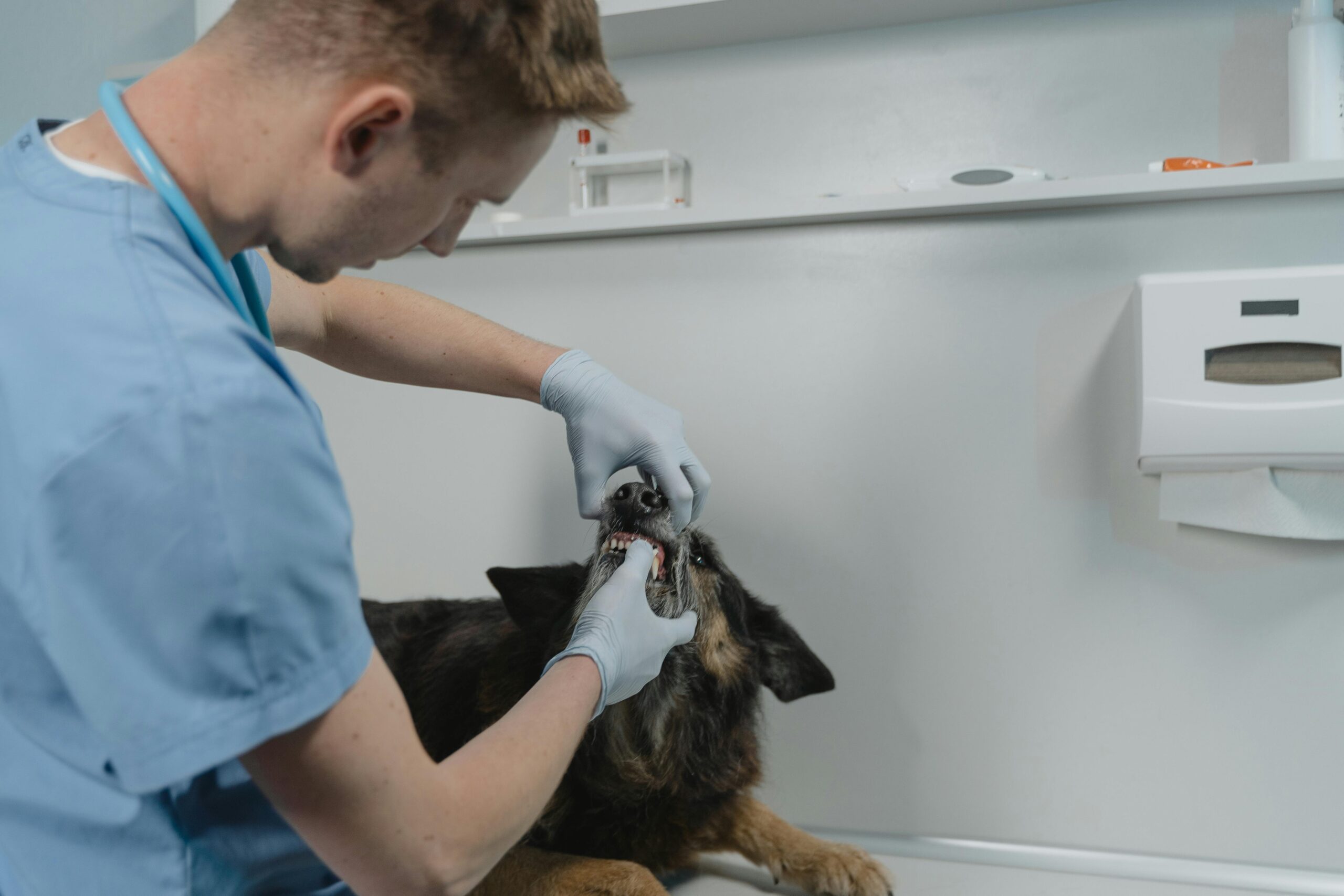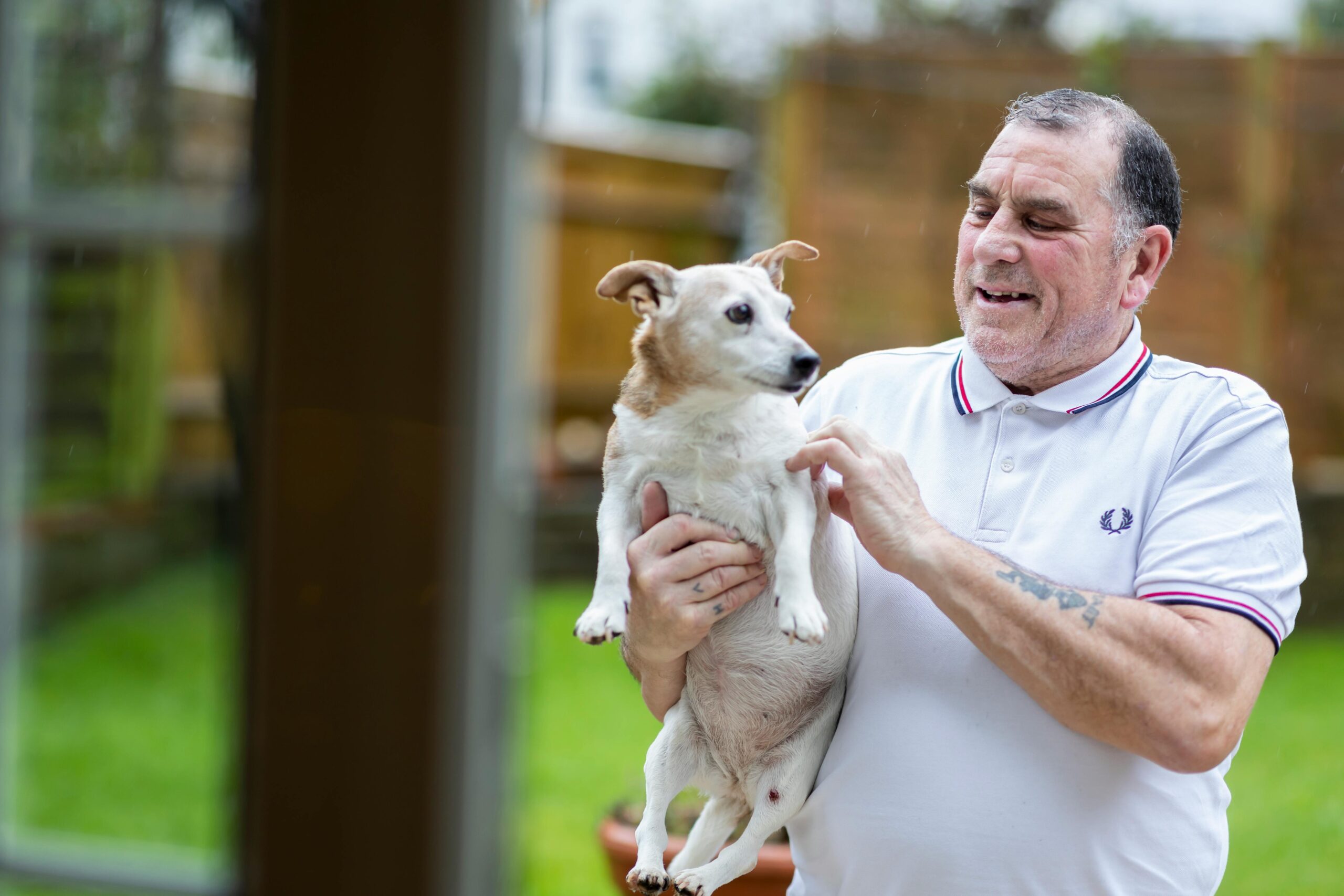For many of us, our canine companions are more than just pets—they’re family. The thought of losing them can be paralyzing, and the emotional connection we have with our dogs is unlike any other. But in the inevitable trajectory of life, the question “Does the dog die?” can’t be disregarded. This blog post aims to address the interactions of a pet owner’s emotional bonds, coping mechanisms, breed-specific health considerations, and ways to find support.
We’ll explore the emotional implications of this question and offer insights into how one can proactively engage with their pet’s well-being and, when necessary, prepare for the worst. You’ll also learn how to gather knowledge about your dog’s breed to ensure they live a happy, healthy, and long life.
The Emotional Connection with Pets
The bond between humans and dogs is a rich tapestry woven with emotional threads that enhance our lives. Dogs offer unconditional love, companionship, and a non-judgmental presence that is unparalleled. Beyond these endearing qualities, their remarkable ability to perceive and respond to human emotions strengthens this connection. Scientifically, the human-canine bond triggers oxytocin release, fostering trust and attachment. Studies highlight the positive impact on mental health, reducing stress and loneliness. Dogs become attuned to our routines, moods, and health conditions, offering profound emotional support. Trained therapy dogs further exemplify their role in promoting well-being. In essence, the human-dog relationship is a dynamic interplay of emotion, science, and companionship, enriching our lives in ways that extend beyond conventional pet-owner dynamics.
The Fear of Loss
The emotional turmoil that pet owners face when their dog’s health is in question is significant. The mere thought of losing them can stir a range of emotions, from anxiety to despair. The ‘does the dog die’ question represents the underlying fear of mortality that we all grapple with, but more intensely when it comes to our furry friends.
Emotional Responses and Coping Strategies
Acknowledging these emotions is the first step towards managing them. It’s essential to find healthy ways to cope with the uncertainty. Proactive measures such as ensuring their diet, exercise, and veterinary check-ups are in place can provide a sense of control. Engaging in activities you both enjoy, like a daily walk or a game of fetch, strengthens the relationship and offers moments of joy.
Coping Mechanisms
Navigating the possibility of a dog’s mortality brings forth profound emotional challenges for pet owners. The looming thought of losing a beloved canine companion can be overwhelming, eliciting a range of emotions from sadness to anxiety. Establishing coping strategies becomes invaluable during such difficult times. Creating a support network, whether through friends, family, or online communities, provides an outlet for sharing emotions and seeking guidance. Open communication with a veterinarian helps in understanding the prognosis and available options for the dog’s care. Engaging in activities that create positive memories with the pet and allowing oneself to grieve are essential components of coping. Ultimately, acknowledging the emotional distress, seeking support, and making informed decisions collectively contribute to navigating the complexities of facing a dog’s mortality.
Seeking Professional Help and Community Support
Emotional Health and Well-being
Understanding that emotional health is as important as physical health is crucial. Emotional well-being not only affects the owner but also the dog. A supportive and stable environment will ensure the best possible care for your pet during difficult times.
Understanding Dog Breeds and Health
Every dog breed carries a unique genetic makeup, influencing their health predispositions and potential vulnerabilities. Pet owners benefit significantly from understanding these breed-specific factors, enabling more effective care and the promotion of a better quality of life for their canine companions.
Certain breeds may be prone to specific health issues, such as hip dysplasia in larger breeds like Labrador Retrievers, or respiratory concerns in brachycephalic breeds like Bulldogs. Recognizing these tendencies allows proactive measures, such as appropriate exercise regimens or specialized diets, to address and prevent breed-specific health challenges.
Regular veterinary check-ups become even more crucial when armed with knowledge about breed-specific predispositions. Early detection and intervention can mitigate the impact of potential health issues, contributing to a longer and healthier life for the dog.
Additionally, tailored wellness practices, including breed-specific grooming, exercise, and nutritional considerations, enhance the overall well-being of each dog. By embracing breed-specific awareness, pet owners can provide the most informed and attentive care, fostering a strong bond and ensuring a fulfilling and comfortable life for their cherished canine companion
Importance of Breed-Specific Knowledge
For example, large dog breeds are more prone to joint issues, while certain smaller breeds are known for their dental problems. Being informed about these tendencies can lead to earlier interventions and a more comfortable life for the dog.
Daily Health Maintenance
Maintaining a healthy lifestyle for your pet involves much more than just feeding them the right food. Daily walks, engaging in stimulating activities, and regular vet check-ups are all part of preventive care that can keep your dog in optimal health.
Answering the Question: Does the Dog Die?
Preparedness and Planning
Knowledge is Power
Learn everything you can about dog health and life expectancy to answer the question with knowledge rather than fear. Websites like the American Kennel Club can provide valuable information about various breeds, and your veterinarian is an excellent resource for personalized advice about your dog’s health.
Conclusion
The emotional complexity of pet ownership is vast, and it is a responsibility that not everyone is prepared for. However, the rewards of this relationship are endless, and the love of a dog knows no bounds. By acknowledging the deep emotional connection, understanding breed-specific health, and answering difficult questions with knowledge and preparation, we can provide the best care possible for our canine companions.
It is also crucial to remember that seeking support, whether through professional help or community, is not a sign of weakness but one of strength. Together, we can face the question “Does the dog die?” with the preparation and support needed, ensuring that our dogs live their lives to the fullest, and that we can cherish their memories when the time comes.
Whether you’re a seasoned pet owner or a prospective one, the emotional well-being of our pets and ourselves is an ongoing conversation that deserves attention and care. By uniting knowledge, love, and support, we can overcome the greatest of fears and provide a legacy of love that our dogs so freely give.




